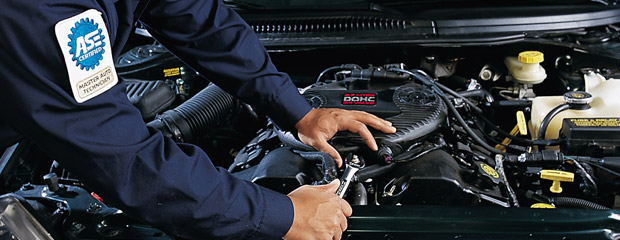We're conditioned to react more favourably to terms like premium and exclusive, as though these words dictate the true quality of a product or service. We will happily pay a higher price tag thinking we're getting a better value for them. After all, higher price equals higher quality, right? When it comes to gas, our biggest decision is whether to use regular (cheaper) gas or premium (more expensive) gas. When we choose premium, we feel like we're doing better for our vehicle, whereas when we "settle" for the cheaper option, we can have the false impression that we're hurting it. AAA recently published an article announcing that in 2016, Americans wasted $2.1 billion on premium gas for vehicles that really don't need premium gas.
We get it, a car is one of the largest purchases you'll make in your life, so why not treat it well in order to lengthen its life. But what exactly is the difference between regular and premium gas, and is the extra 15-20 cents worth the upgrade?
Premium gas is more expensive because it has an octane level of about 92-93, as opposed to regular gas, which has an octane level of 87.
What does that mean?
Octane levels are designated with your car engine's compression ratio in mind. That is, the ratio of the volume of your car's combustion chamber from its largest capacity to its smallest capacity.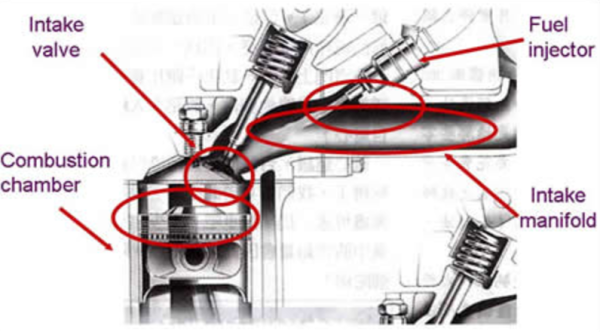
When your car requires the use of a premium gas, the lower octane levels in regular fuel can increase your car's exhaust-gas temperatures and can sometimes lead to knocking (that sound you hear when the fuel and air mixture in your car's cylinder doesn't start correctly, and a pocket of the mixture explodes outside of the normal combustion front).
If your car requires premium gas, these two symptoms can have adverse effects on your car in the long run. If your car does not specify that it requires premium gas, that means the lower octane levels of regular gas will not cause the increased exhaust-gas temperatures that can lead to knocking.
Premium gas does help your car's performance, however it will only improve its ability to accelerate from 0-100km/h about half a second more quickly than with regular gas.
Although premium gas doesn't really benefit your car if it doesn't require the higher octane levels, it also won't harm it. What it comes down to is whether saving those extra 15-20 cents every time you fill up your tank is important to you.
If you'd like to see if your 2016-2017 vehicle requires premium gas, check out the list on BestRide.com.

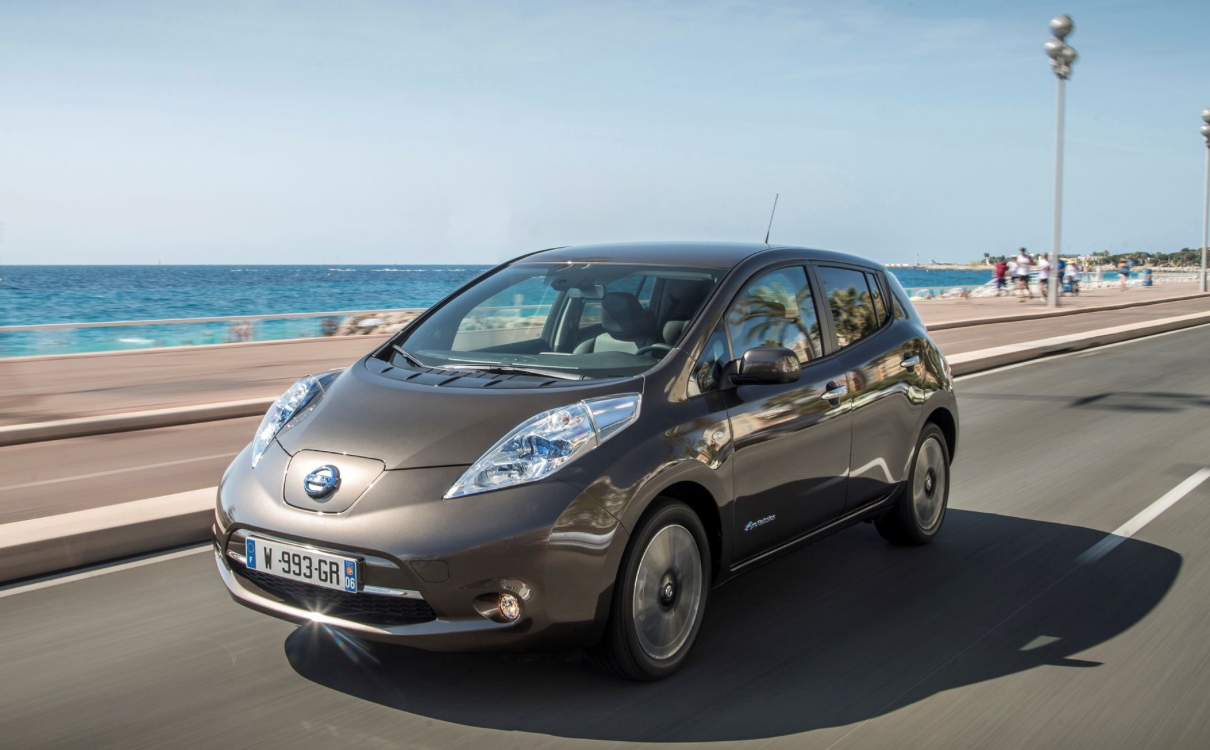
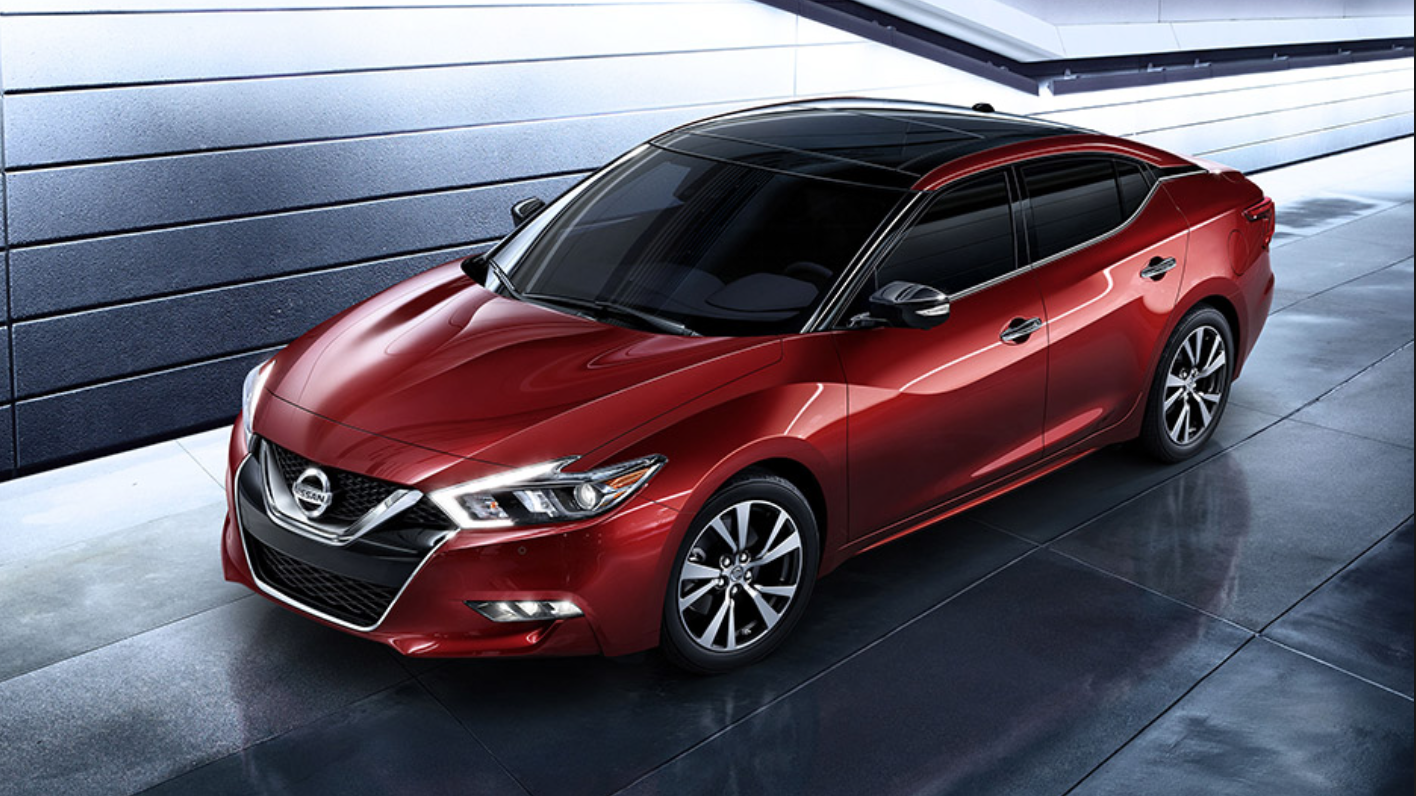
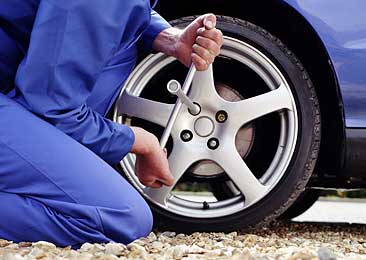 Change tires. It goes without saying that winter tires are for the winter and summer tires are for the summer, but often drivers put off changing their tires or just don't bother changing them at all. After all, if winter tires can handle driving on ice and snow all winter, they can surely handle driving in the summer. Unfortunately, this mentality will ultimately cost you more, as winter tires aren't meant to be driven in the extreme heat of summer. The humidity can melt the rubber and cause your snow tires to be damaged and unusable in the future.
Change tires. It goes without saying that winter tires are for the winter and summer tires are for the summer, but often drivers put off changing their tires or just don't bother changing them at all. After all, if winter tires can handle driving on ice and snow all winter, they can surely handle driving in the summer. Unfortunately, this mentality will ultimately cost you more, as winter tires aren't meant to be driven in the extreme heat of summer. The humidity can melt the rubber and cause your snow tires to be damaged and unusable in the future.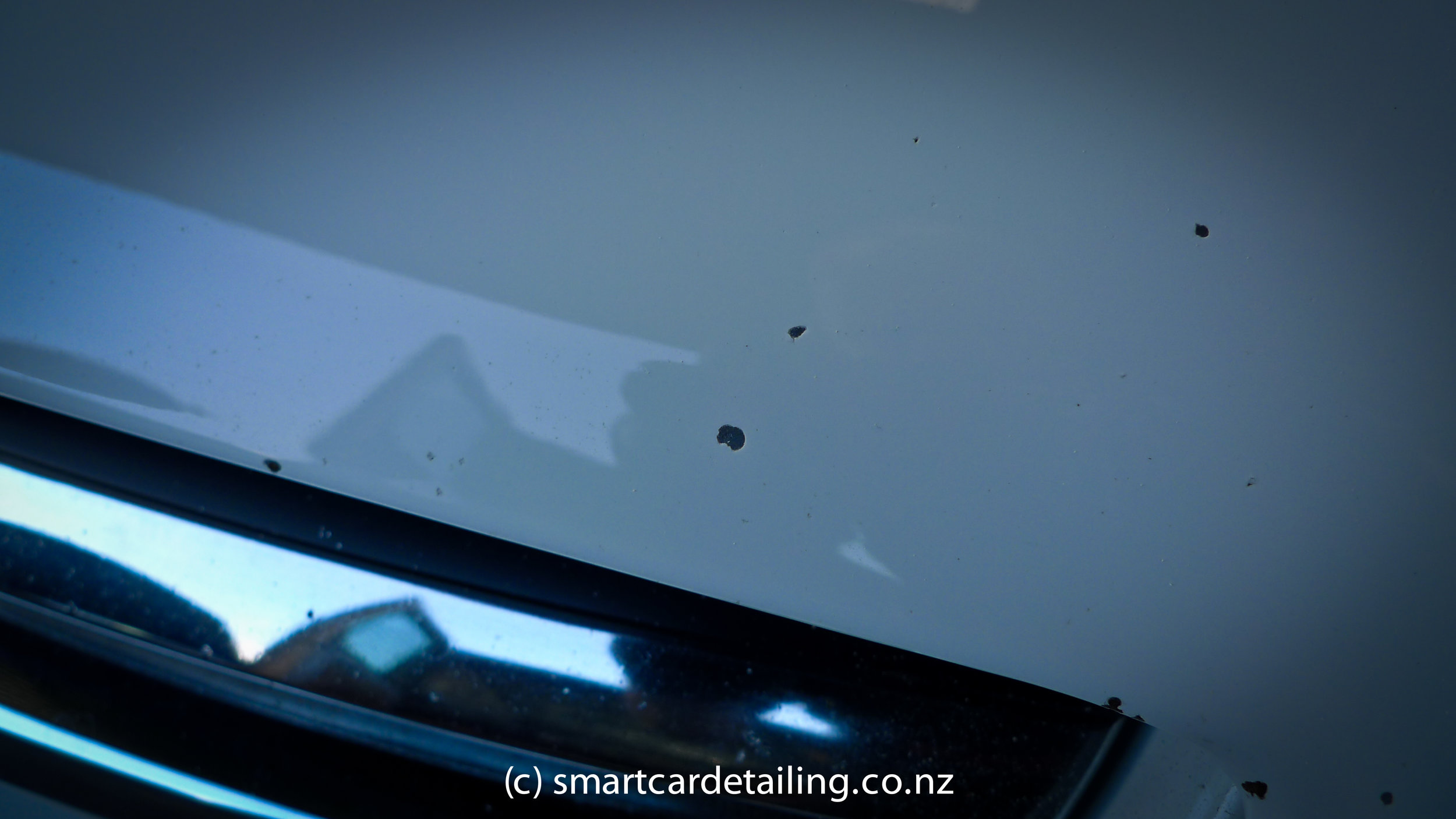 Wash & Wax your car to get rid of all the dirty snow and salt stains, making sure to get right inside the wheel walls. While you're washing, make sure to look carefully for any stone chips that need to be touched up. You may not want to spend the money to fix up any marks on your car, but ignoring stone chips can lead to rusting, which will become much more expensive to repair in the future. It's important to deal with chips as soon as you notice them.
Wash & Wax your car to get rid of all the dirty snow and salt stains, making sure to get right inside the wheel walls. While you're washing, make sure to look carefully for any stone chips that need to be touched up. You may not want to spend the money to fix up any marks on your car, but ignoring stone chips can lead to rusting, which will become much more expensive to repair in the future. It's important to deal with chips as soon as you notice them.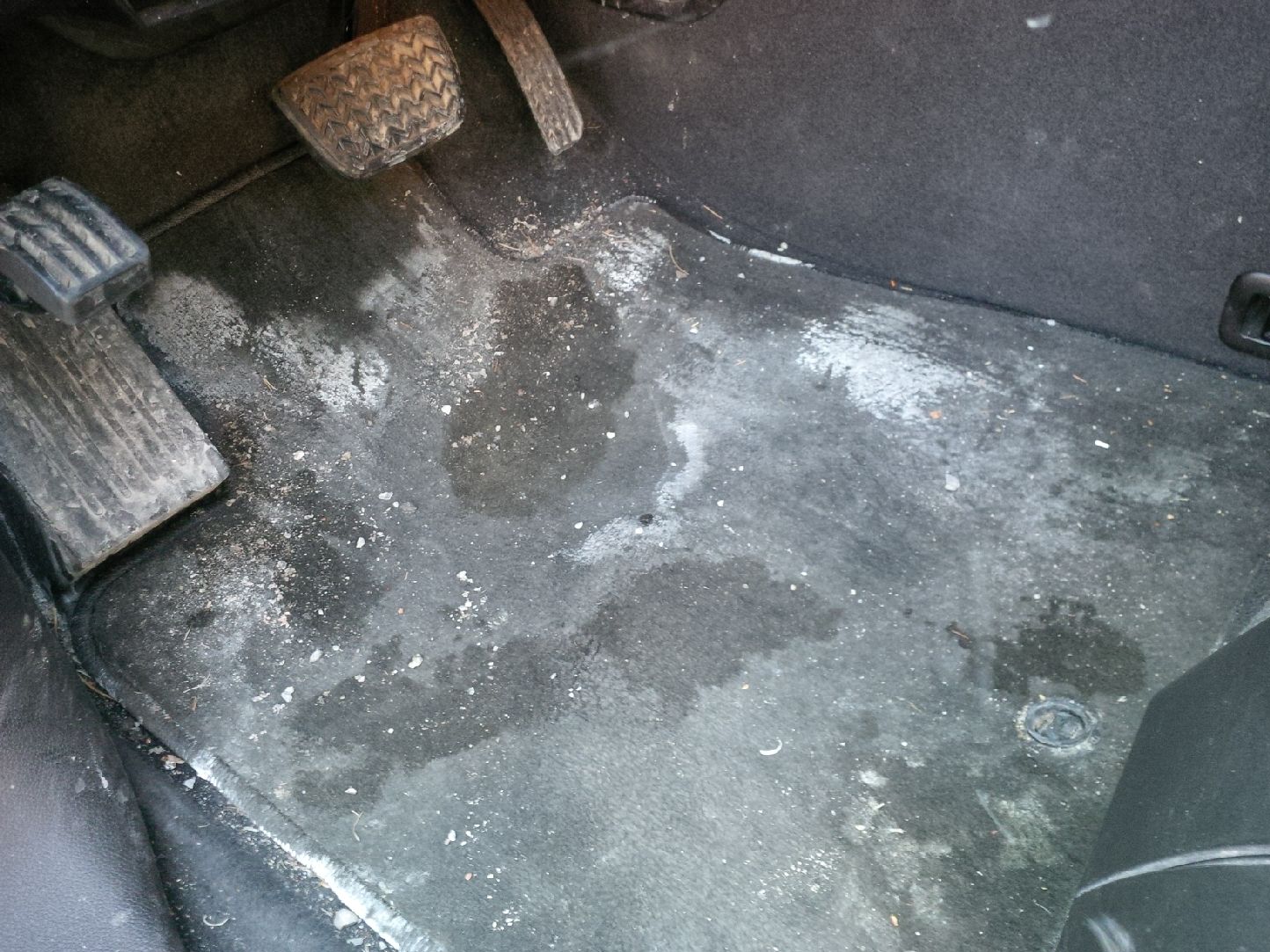 Clean Inside
Clean Inside